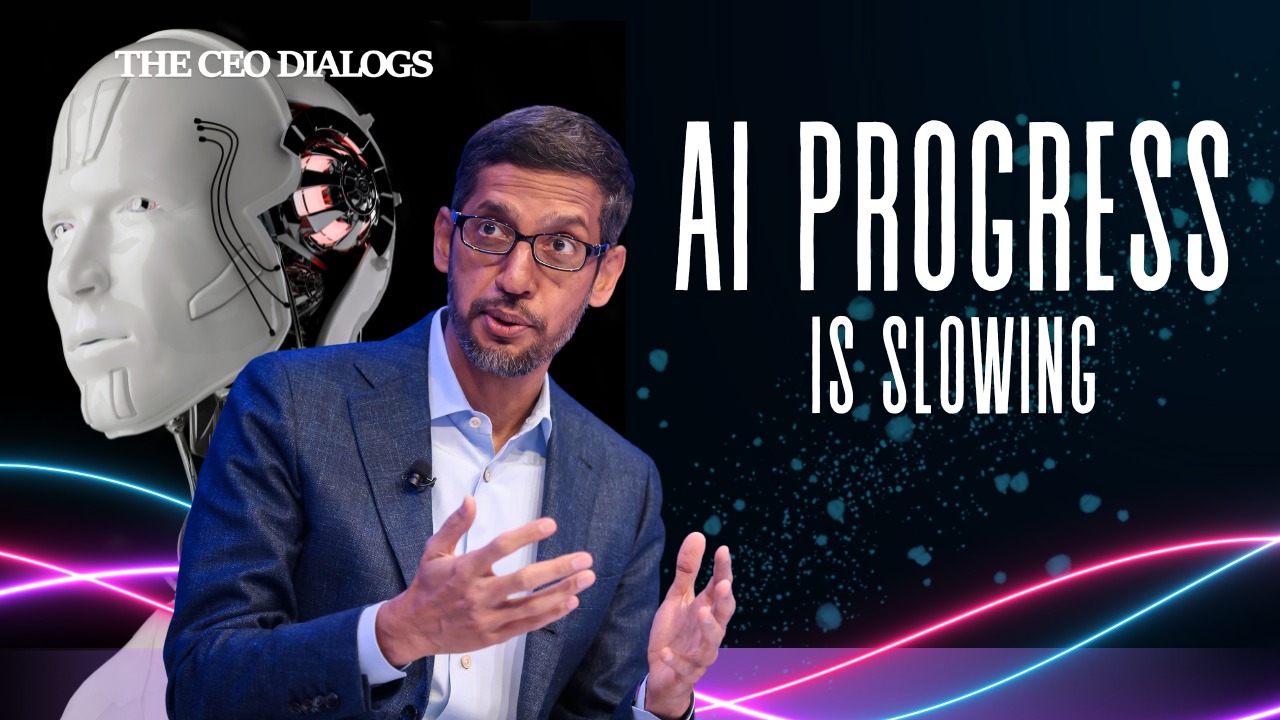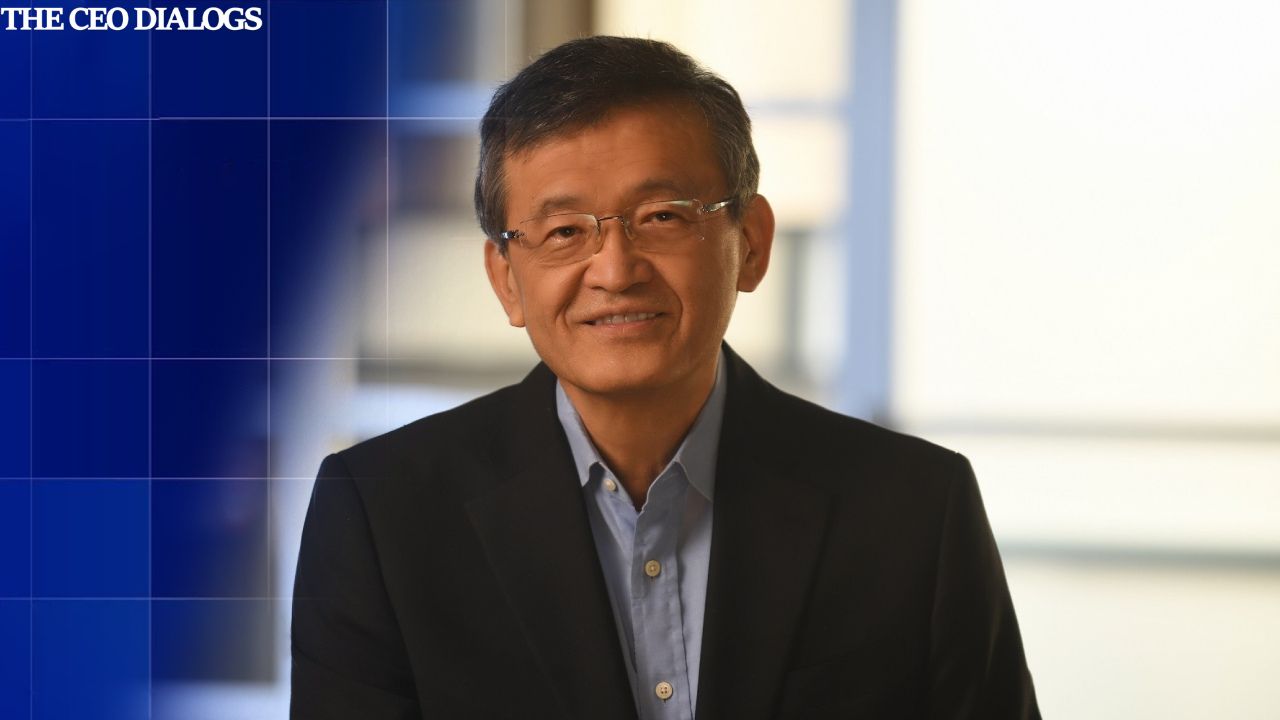Airbnb co-founder and CEO Brian Chesky believes that great leaders aren’t afraid to show favoritism when it comes to recognizing top performers. In a recent interview with Fortune, Chesky explained that high achievers—those who set high standards and address problems quickly—are often seen as favorites.
“They should be chosen based on fair and clear criteria,” Chesky said. “But if you’re unable to identify high performers and articulate what excellence looks like, you’ll face significant challenges. That’s not effective leadership.”
As Airbnb’s CEO, Chesky holds biannual meetings where he invites 80 to 100 employees to make critical company decisions, often re-inviting the same individuals. He believes this approach isn’t political but necessary for gathering valuable insights. However, experts such as Ginka Toegel, a professor of organizational behavior at the International Institute for Management Development, caution that overt favoritism can lead to negative perceptions, leaving other employees feeling excluded.
A 2022 McKinsey survey, cited by CNBC Make It, found that poor leadership was one of the primary reasons people left their jobs during the Great Resignation. Effective managers, according to research from the Journal of Organizational Behavior, invest time in recognizing their employees’ strengths and helping them grow. Chesky believes that balancing favoritism with fairness—leaning on key employees while still valuing others—is crucial for success.
Chesky also emphasizes that while avoiding unconscious bias and ensuring fairness is important, CEOs should retain the discretion to choose who participates in decision-making. He argues that conducting surveys and gathering diverse perspectives can aid this process, but believes the notion that a CEO should be restricted in making these choices is misguided. For Chesky, effective leadership involves empowering employees and making informed, sometimes subjective decisions.
Chesky shared that he has “so many favorites” on his team, pointing out that he doesn’t have just one. He described his favorites as the employees he frequently reaches out to via text or phone calls for in-depth conversations.









